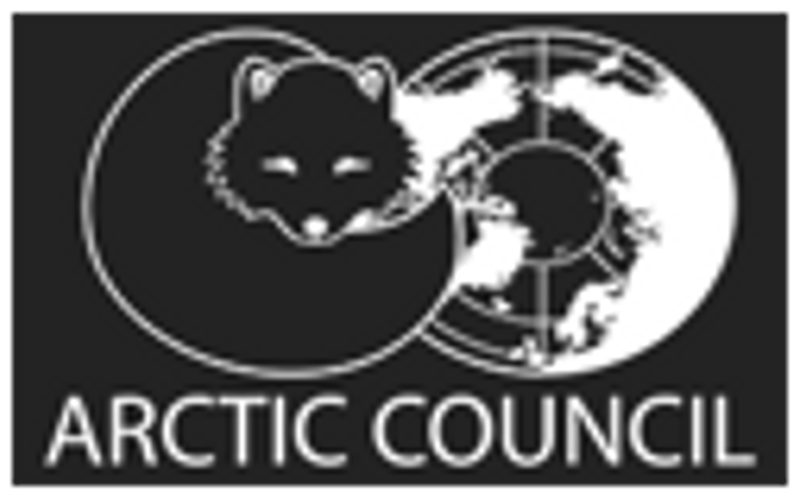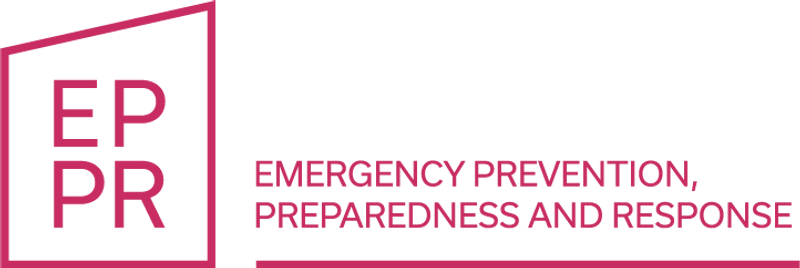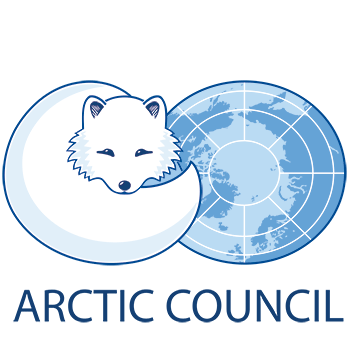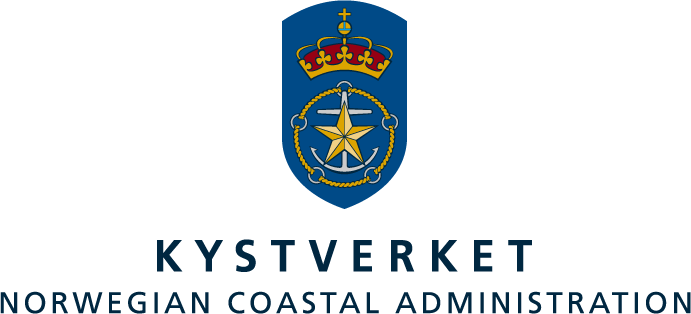Home /about/about-this-project
About this project
In 2017, EPPR identified a need for a common approach to marine risk assessments in the Arctic region. On behalf of EPPR, the Norwegian Coastal Administration (NCA) initiated a project aiming to review existing practices and develop a guideline. EPPR endorsed the project in 2018, and NCA assigned DNV GL to carry out the work.
The work was carried out in 4 individual phases: scoping workshop, screening of methodologies, tools and data, and Guideline development. Tight collaboration within the project group, involving EPPR Chair and secretariat, NCA and DNV GL, was essential for the outcome of the project
To ensure a comprehensible and relevant Guideline a prototype was first developed and tested with end-users. The Guideline has in the aftermath been revised through multiple workshops with stakeholders and with input through other sources, such as webinars. A web-based solution was implemented in 2019 and rolled-out in January 2020.
Please read the disclaimer to review Guideline "terms of use".
Contributors
Arctic Council
The Arctic Council is the leading intergovernmental forum promoting cooperation, coordination and interaction among the Arctic States, Arctic indigenous communities and other Arctic inhabitants on common Arctic issues, in particular on issues of sustainable development and environmental protection in the Arctic.
The Ottawa Declaration lists the following countries as Members of the Arctic Council: Canada, the Kingdom of Denmark, Finland, Iceland, Norway, the Russian Federation, Sweden and the United States.
The work of the Council is primarily carried out in six Working Groups: The Arctic Contaminants Action Program (ACAP), The Arctic Monitoring and Assessment Programme (AMAP), The Conservation of Arctic Flora and Fauna Working Group (CAFF), The Emergency Prevention, Preparedness and Response Working Group (EPPR), The Protection of the Arctic Marine Environment (PAME) and The Sustainable Development Working Group (SDWG).
EPPR
EPPR is one of six working groups of the Arctic Council and is mandated to contribute to the prevention, preparedness and response to environmental and other emergencies, accidents, and Search and Rescue (SAR). While not an operational response organization, EPPR conducts projects to address gaps, prepare strategies, share information, collect data, and collaborate with relevant partners on capabilities and research needs that exist in the Arctic. EPPR works with Arctic Council Working Groups and other organizations on projects and activities to:
- Development of guidance and risk assessment methodologies,
- Coordination of response exercises and training,
- Exchange of information on best practices with regards to the prevention, preparedness and response to accidents and threats from unintentional releases of pollutants and radionuclides, and to consequences of natural disasters.
The Norwegian Coastal Administration
The Norwegian Coastal Administration (NCA) is an agency of the Norwegian Ministry of Transport and Communications responsible for services related to maritime safety, maritime infrastructure, transport planning and efficiency, and emergency response to acute pollution. The main objective of the NCA is to ensure safe and efficient navigation in the fairways along the coast and into ports, as well as national preparedness for acute pollution.
DNV GL
DNV GL is a global quality assurance and risk management company. Driven by our purpose of safeguarding life, property and the environment, we enable our customers to advance the safety and sustainability of their business. DNV GL provide classification, technical assurance, software and independent expert advisory services to the maritime, oil & gas, power and renewables industries. DNV GL also provide certification, supply chain and data management services to customers across a wide range of industries. Operating in more than 100 countries, our experts are dedicated to helping customers make the world safer, smarter and greener.









